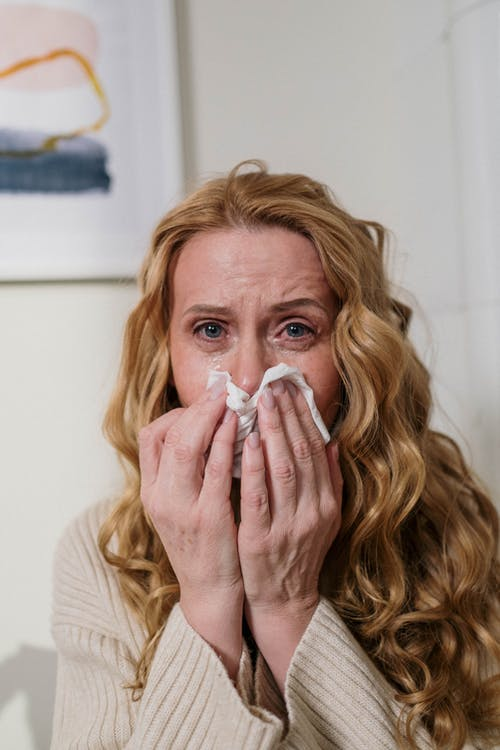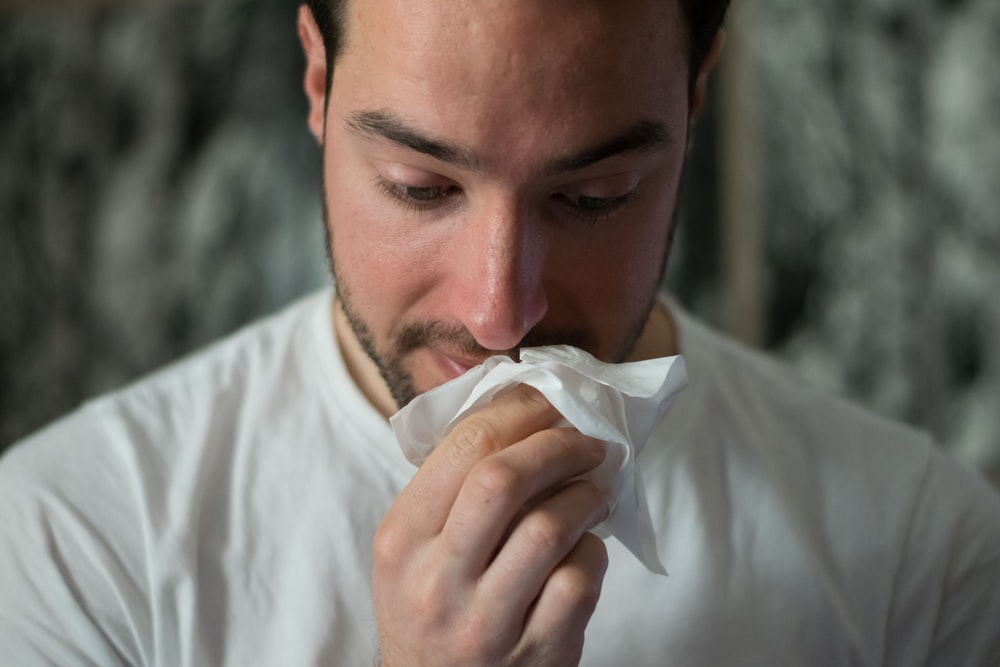Winter Allergies: All You Should Know About Their Causes, Symptoms, And Treatment
You are likely to trigger winter allergies if you spend more time in poorly ventilated areas or indoors. Their symptoms are very similar to that of cold and seasonal allergies. However, with medicinal aid and a few lifestyle changes, you can manage to deal with them effectively.
Continue reading to learn more about the symptoms, causes, and treatment options for winter allergies.

What Causes Winter Allergies?
Winter allergies, just like summer and spring allergies, are seasonal, which means they’ll only be activated when certain triggers such as ragweed and pollen are found in the surroundings abundantly.
The most common causes of winter allergies include:
- Dust, or dust mites found in carpets, furniture, and beddings
- Dander found on indoor surfaces like beds, upholstery, and carpet
- Cockroaches, including cockroach feces and shells; kitchen cupboards is a hotspot for cockroach droppings
- Mold spores in moist and dark areas such as under your sinks, bathrooms, basement, etc.
What Are the Symptoms?
Following are the most common allergy symptoms:
- Throat itching
- Stuffy/runny nose
- Sneezing
- Dry coughing, sometimes producing phlegm
- Low-grade fever
- Skin rash
- Difficulty breathing, especially through a clogged nose
- Ear itching
- Itchy eyes
If your allergy is severe, it might lead to more disruptive asthma-related symptoms such as:
- Breathing rapidly
- Feeling anxious
- Wheezing or whistling when you breathe
- Chest tightness
- Feeling exhausted

How Can Winter Allergies Be Treated?
You can address your allergy symptoms at home, but long-term clinical treatment may be beneficial. Here are a few possibilities:
- Over-the-counter (OTC) allergy medication: With regular use, antihistamines like fexofenadine (Allegra) or cetirizine (Zyrtec) can help reduce your allergy symptoms. Zyrtec-D, an OTC medicine containing acetaminophen (Tylenol), can help with associated symptoms, including headaches.
- Nasal irrigation therapy or a neti pot: These help clear your sinuses. These treatments work by flushing irritants out of your nasal passages with clean, distilled water.
- Nasal sprays: Triamcinolone (Nasacort) and Fluticasone (Flonase) are prescription-strength steroid nasal sprays that can help alleviate inflammation and associated symptoms, including a runny nose. These are now available to buy over the counter.
- Allergy shots (immunotherapy): Ask your doctor about allergy shots if you have severe, chronic allergy symptoms. You are exposed to minute levels of your allergens to build up your immune system's resistance to them. Over the course of several years, this results in significantly less severe symptoms.
How to prevent winter allergies?
How to Prevent Winter Allergies from Activating
Reduce your exposure to indoor allergens by:
- Covering your beds and pillows with a special protective covering
- Wash your clothes, upholstery regularly with hot water to prevent dust and dander build-up
- Use a humidifier to reduce moisture
- Vacuum your home regularly to eliminate allergens from most surfaces from the deepest corners too
- Replace your carpets with wooden floors or tiles
- Regularly clean areas where mold growth is possible with bleach and water
- Keep your dining areas clean to avoid attracting cockroaches

If your winter allergies are still bothering you, reach out to HealthA2Z’scold and cough relief medicine.We have the best allergy medicinesfor instant relief.
We also provide dietary supplements,constipation relief medicineand the best motion sickness pillsmade in an FDA-registered facility and are easily available OTC.
Reach out to us at HealthA2Z for more information.







